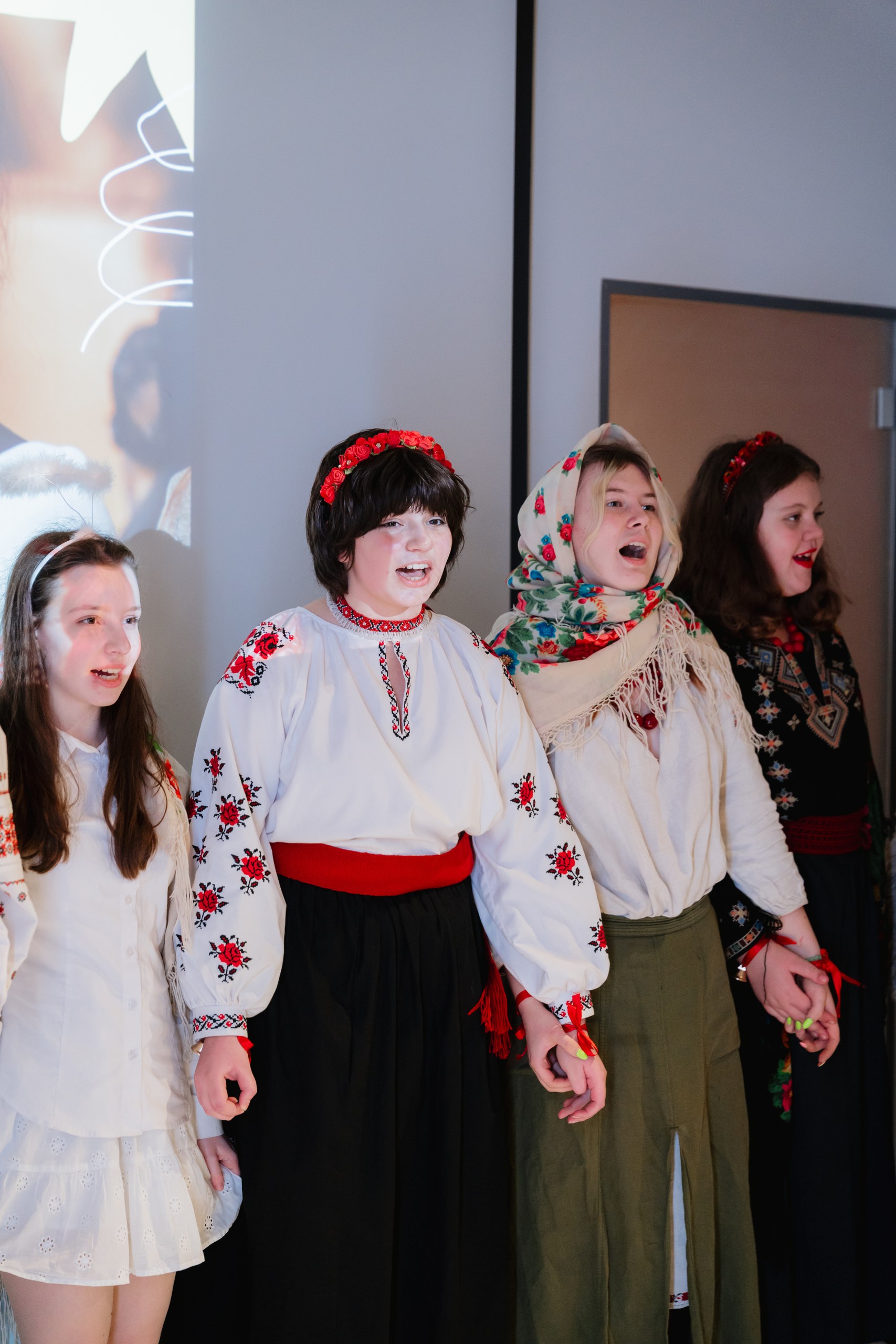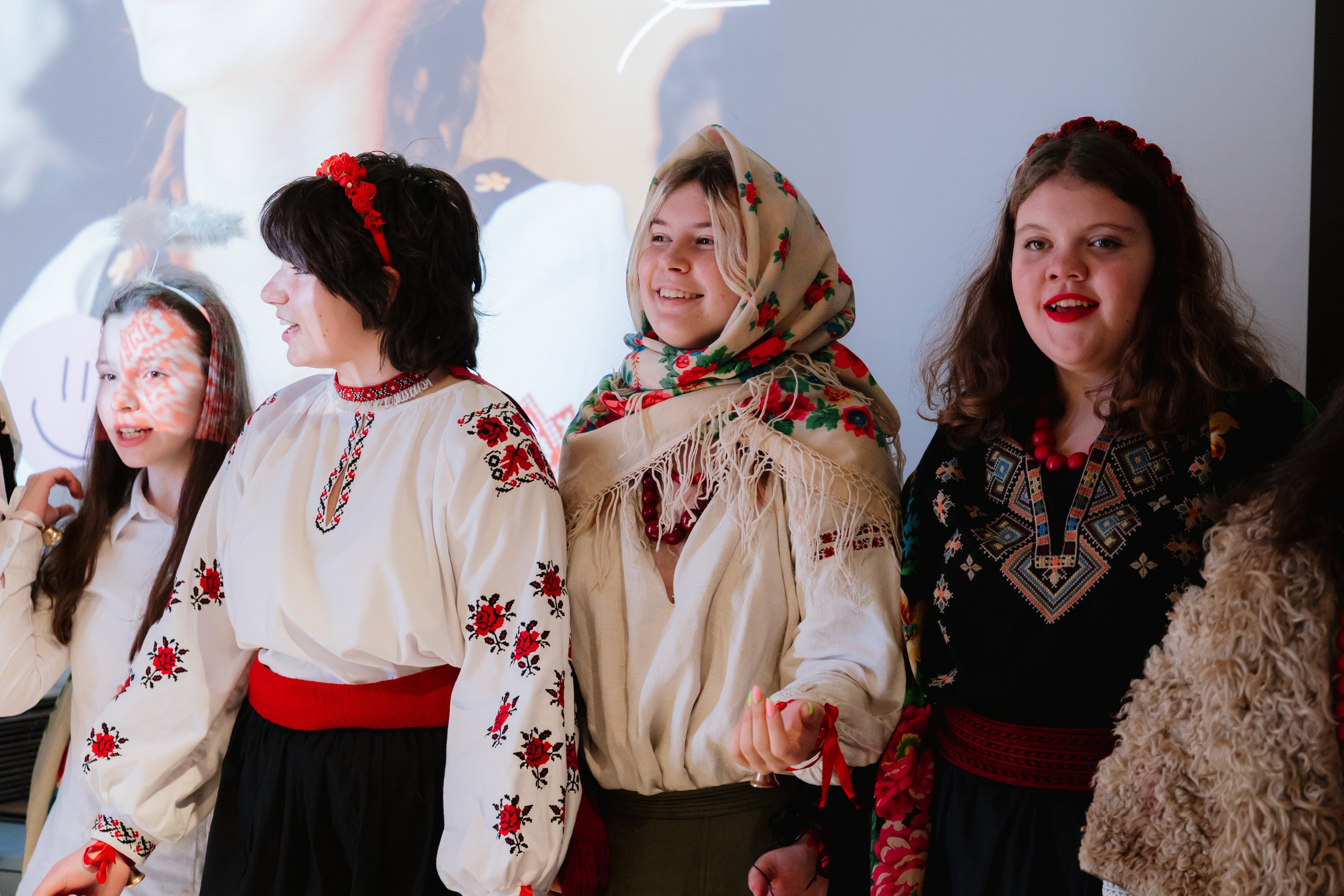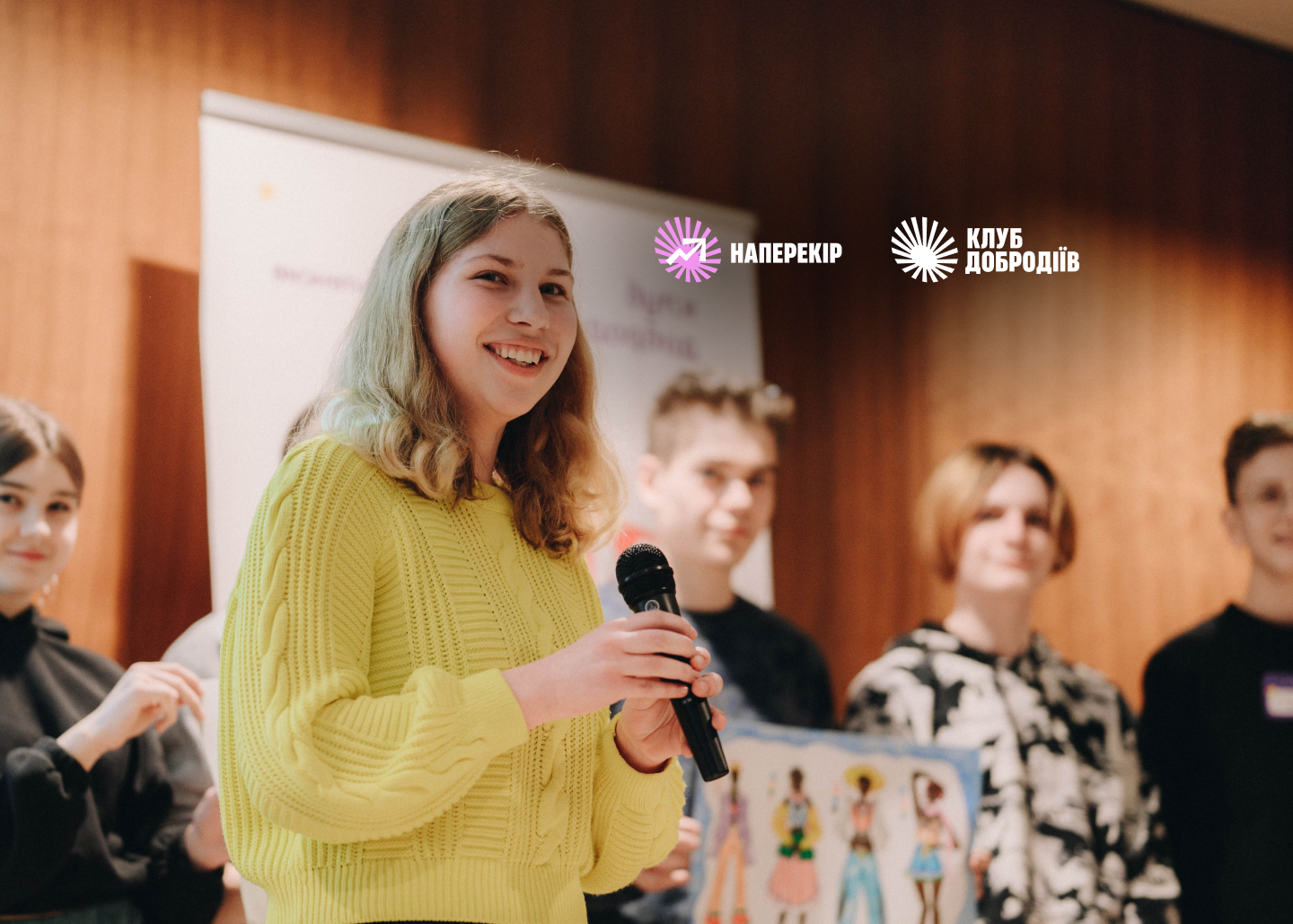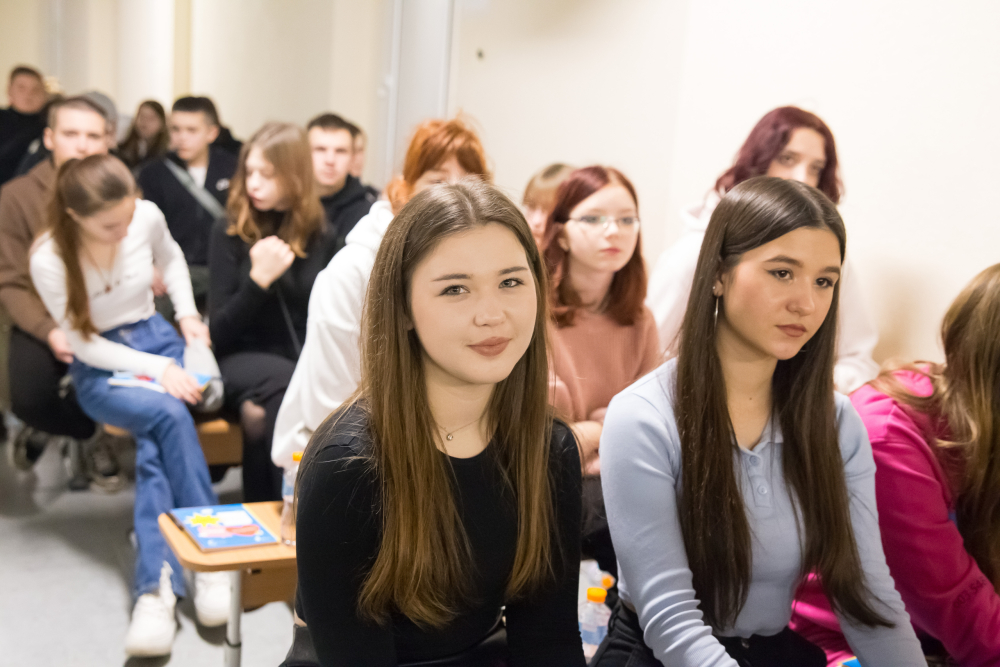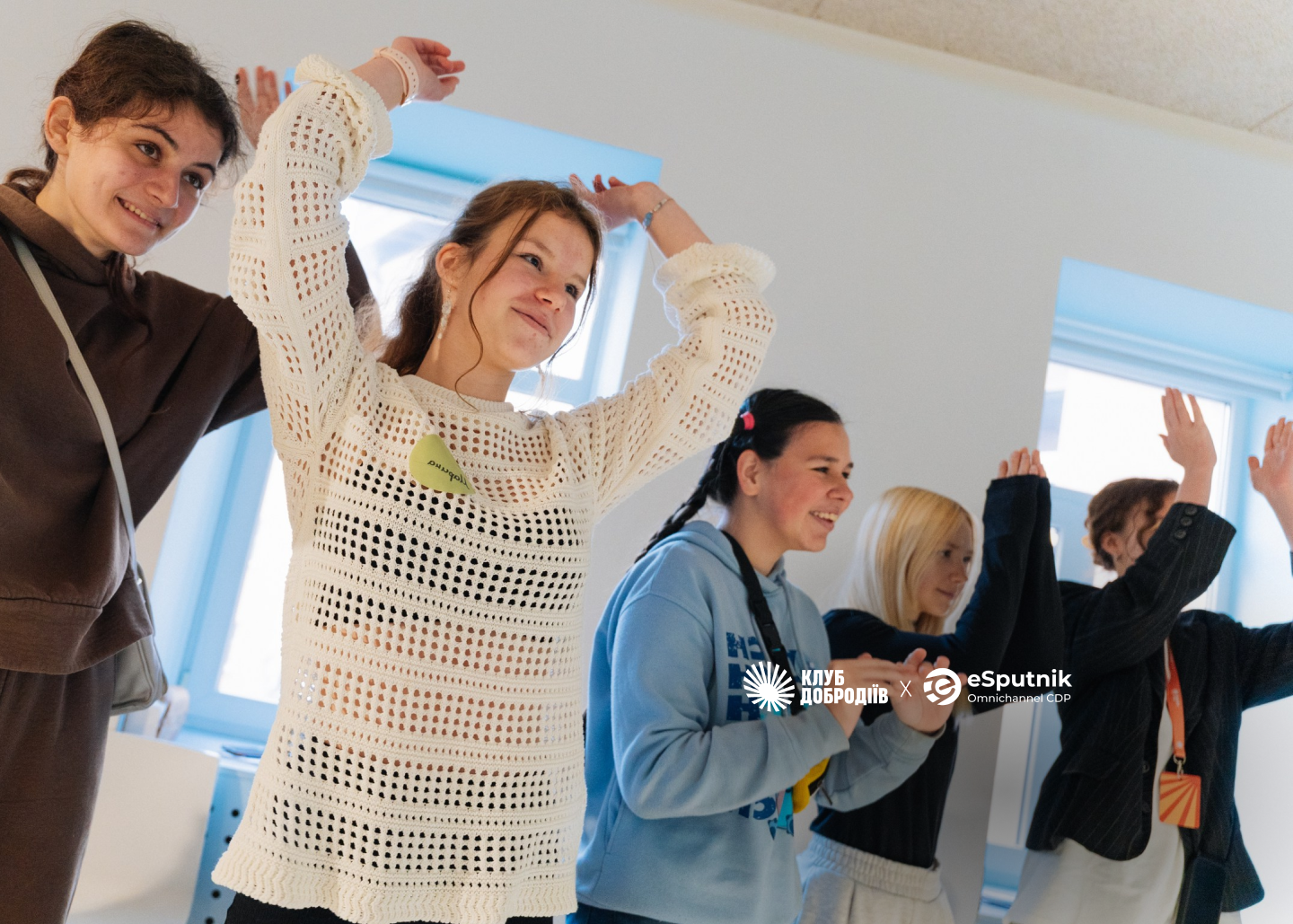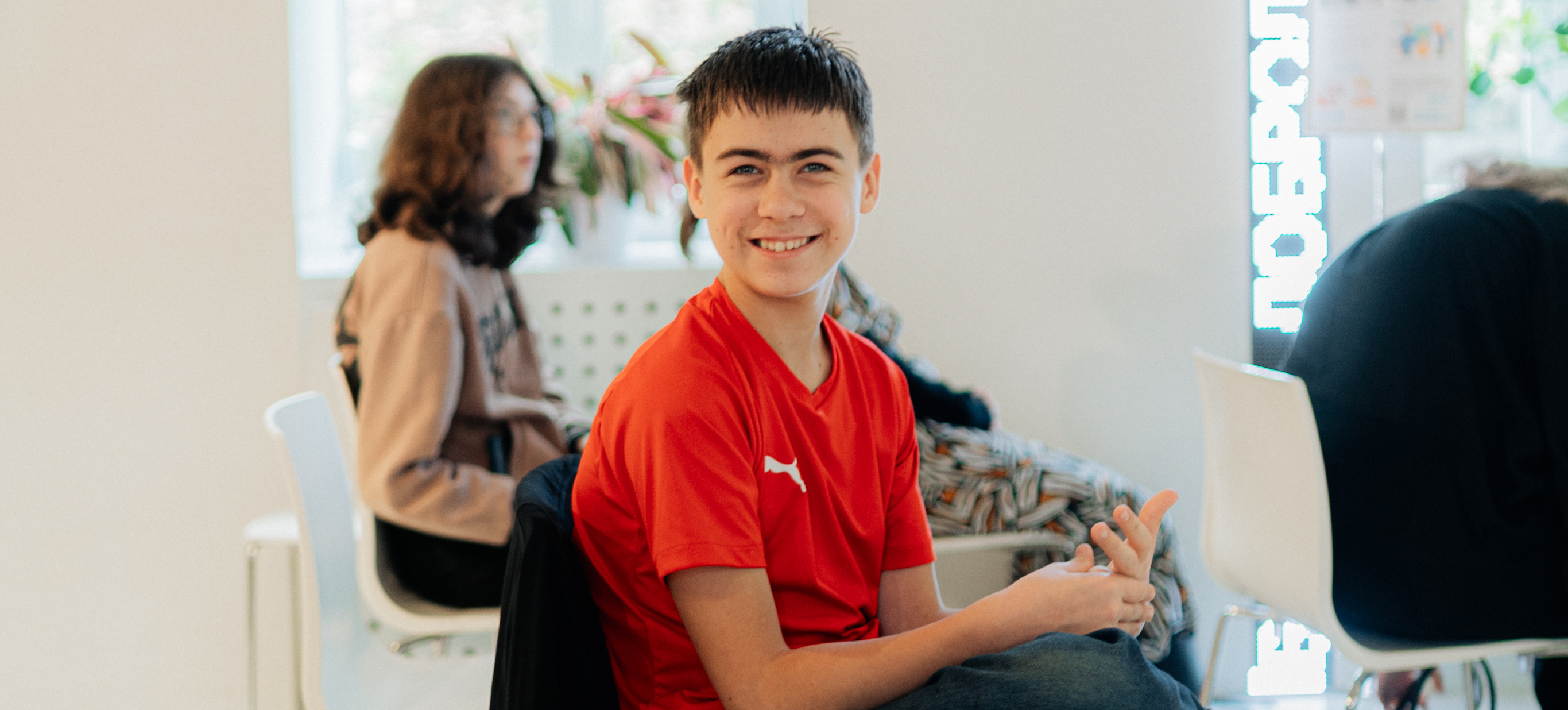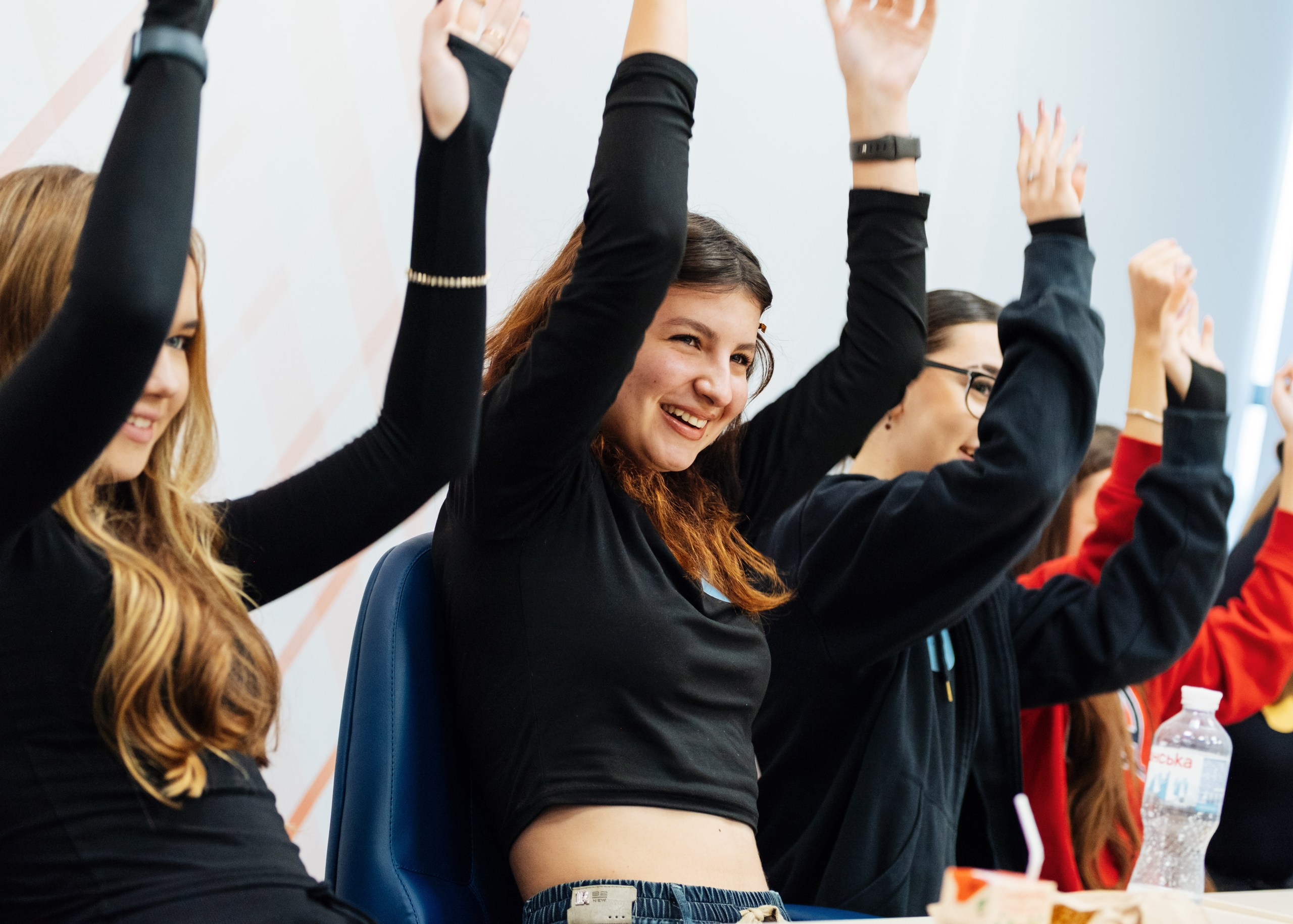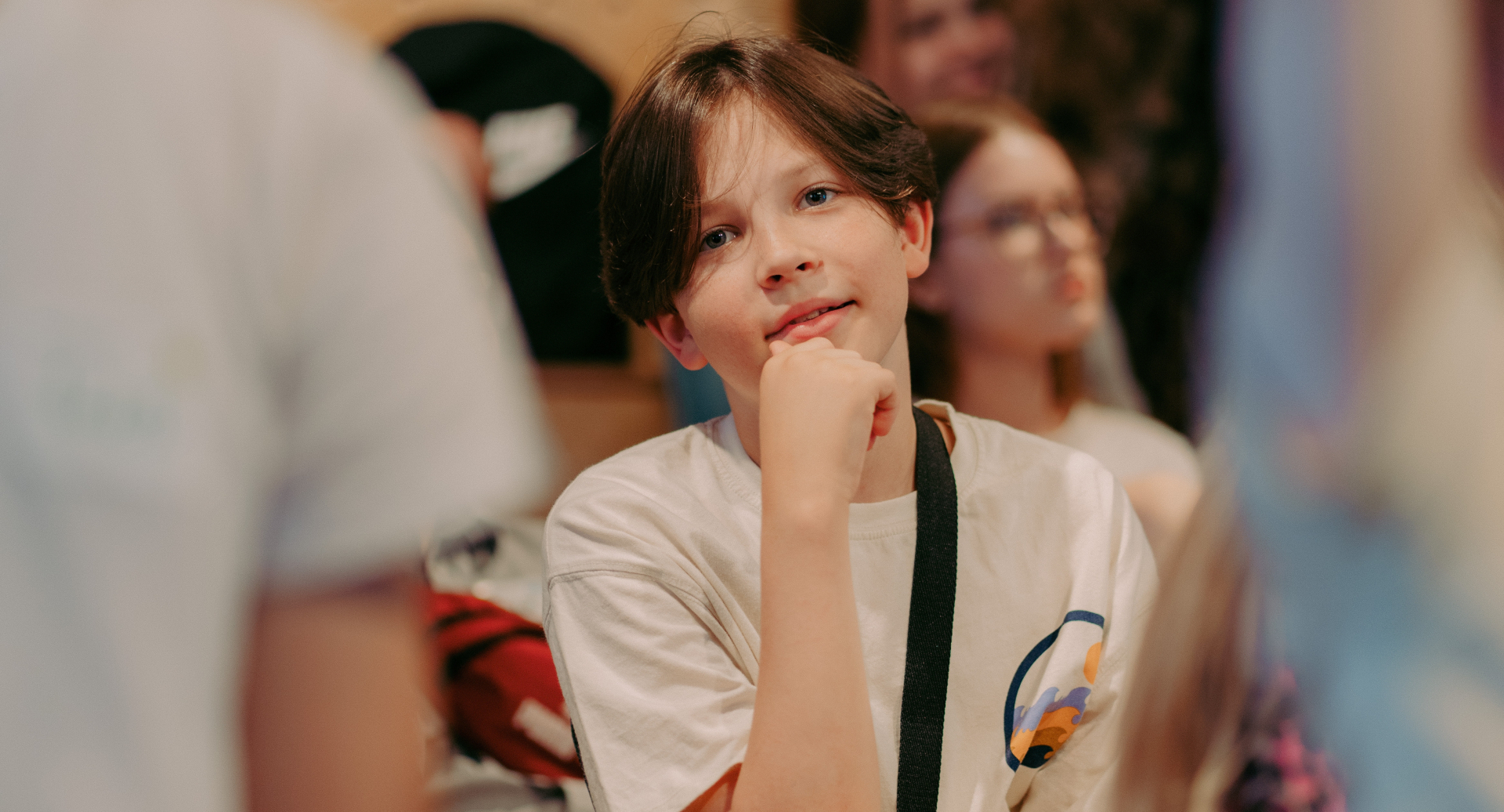
Дякуємо за ваш внесок!
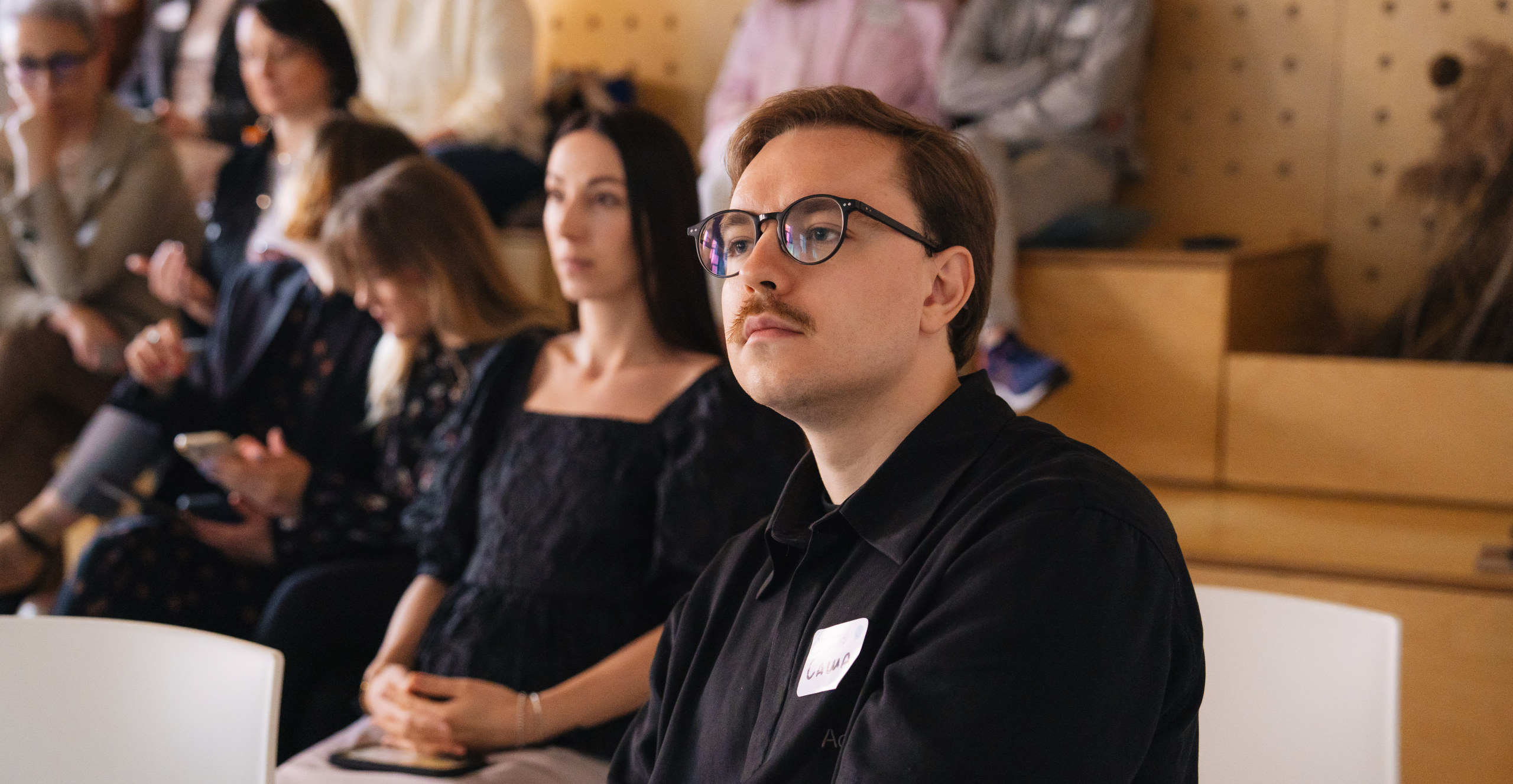
Mentorship research: key figures and facts
Dobrodiy Club conducted a comprehensive nationwide study on mentorship and the support of children with lived experience: “Mentorship in Ukraine: Biases, Challenges, Needs”, carried out with the support of UNICEF Ukraine. The study reveals deep-rooted causes and breaks down the stereotypes that block the development of mentorship in Ukraine.
What prevents adults from getting involved in supporting teenagers through mentorship? What biases and fears create barriers? We found answers to these and other important questions in the study — to make mentorship accessible, understandable, and an effective support tool for every teenager in Ukraine.
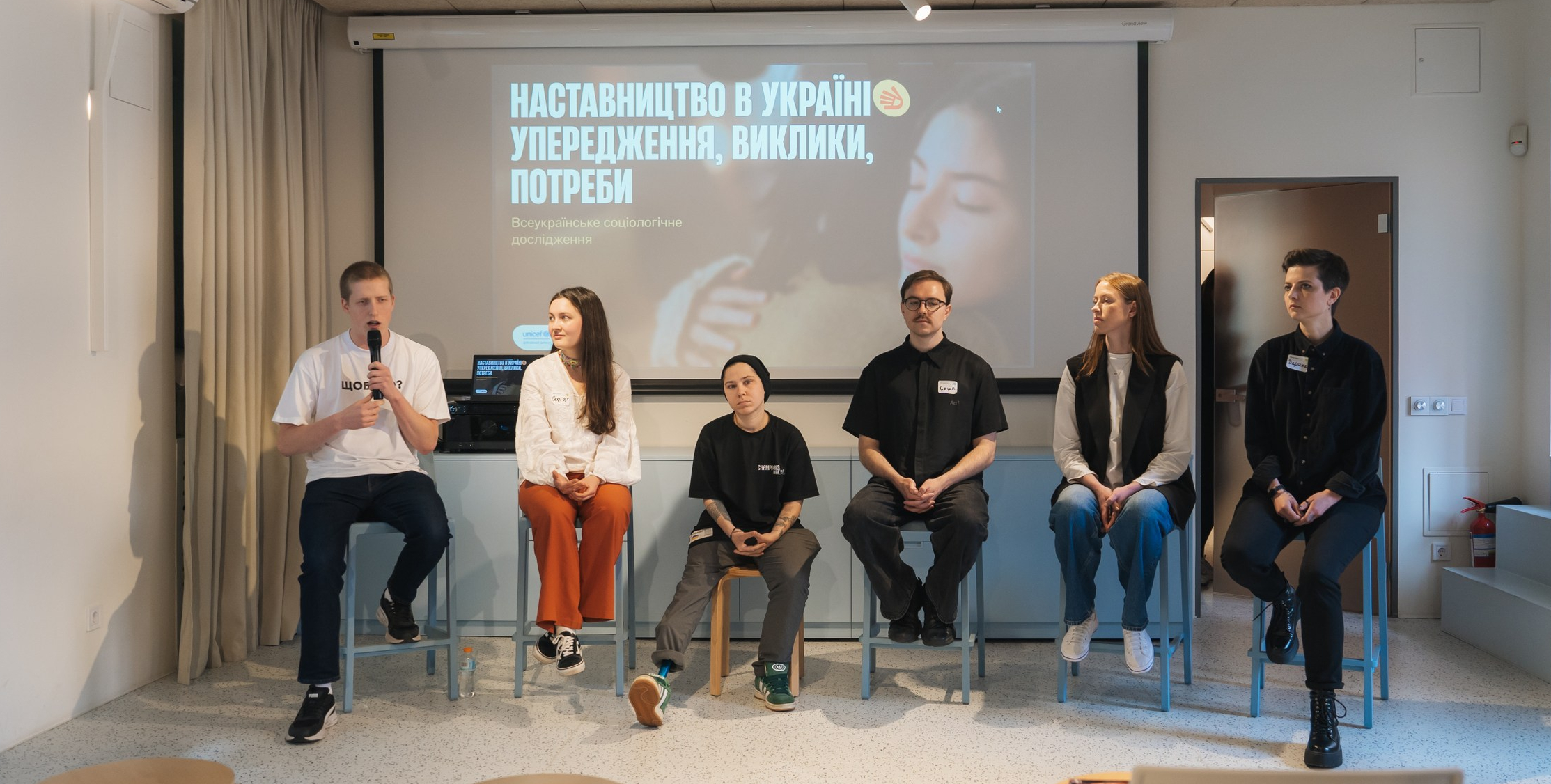
Biases about orphanhood
According to the study, the majority of surveyed Ukrainians still hold biased views toward children with lived experience. 67.6% of respondents believe that children from institutions may pose a threat to society due to a tendency toward risky and antisocial behavior (crime, violations of the law, social alienation). Among other perceived risks are: lack of readiness for independent living, being conflict-prone, tendency toward drug or alcohol abuse and other addictions, and the spread of infectious diseases.

Awareness of mentorship
The survey also showed that Ukrainians most often imagine support for children with lived experience as one-time material help. 69.1% of respondents named financial or material aid as the most appropriate form of support. Meanwhile, far fewer people are aware of mentorship — many confuse it with adoption, guardianship, or even spiritual guidance. This points to the need for broader public awareness about what mentorship truly is, what it can offer, and its advantages.

Barriers and motivation
Currently, only 18% of Ukrainians clearly stated they are ready to become mentors for a child with lived experience. 43% said they are not ready to take on such a role. Others are uncertain: around 38% doubt their own readiness, though they recognize the importance of mentorship and say they would need additional motivation.
Among the factors that could motivate Ukrainians to get involved in mentorship, the most frequently mentioned are: support and guidance throughout the process, sense of personal meaning and self-realization, the opportunity to gain new experiences and develop soft skills, belonging to a community of like-minded people, encouragement from employers, and public recognition of this role.

Among the main barriers, respondents identified: fear of disappointing the teenager, difficulty finding common ground, lack of experience in such interactions, emotional burnout, concerns about the teenager’s behavior, and lack of support from the organizers. They also mentioned practical difficulties — from financial costs and lack of time to bureaucracy within the official mentorship program.

Readiness for mentorship
54% of all respondents said they would be willing to become a mentor for one child (in a hypothetical scenario). Almost half of them would prefer to mentor younger children (under 10 years old).

The study “Mentorship in Ukraine: Biases, Challenges, Needs” is now available for viewing and download. It will be useful for everyone working in the mentorship field and seeking systemic change in the support of children and teenagers with lived experience.



